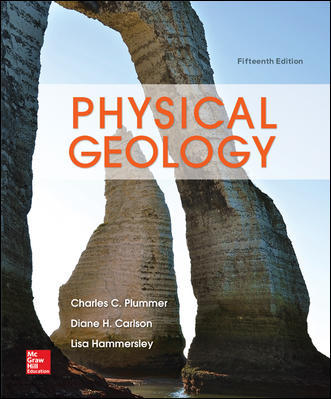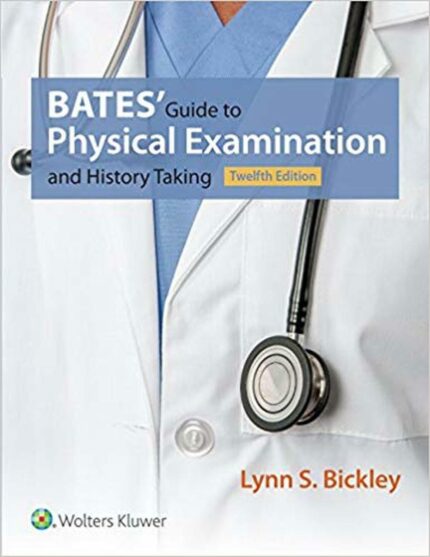Physical Geology 15Th Edition By Charles (Carlos) Plummer – Test Bank
Chapter 04
Volcanism and Extrusive Rocks
True / False Questions
1. Measurements indicate that the worldwide average temperature dropped about a half degree Celsius for a couple of years after the eruption of Mt. St. Helens.
FALSE
Bloom’s Level: 1. Remember
Topic: Volcanoes and Volcanic Hazards
2. Weathered volcanic ash and lava produce excellent fertile soils.
TRUE
Bloom’s Level: 2. Understand
Topic: Volcanoes and Volcanic Hazards
3. Major volcanic peaks of the Cascade Mountains, like Mt. Rainier, Mt. Shasta, Mt. Hood, and Mt. St. Helens, have been active volcanoes for 30 to 40 million years.
FALSE
Bloom’s Level: 1. Remember
Topic: Volcanoes and Volcanic Hazards
4. Tsunamis account for most fatalities in volcanic eruptions.
FALSE
Bloom’s Level: 1. Remember
Topic: Volcanoes and Volcanic Hazards
5. The original volcano Mount Mazama erupted to form Crater Lake, Oregon.
TRUE
Bloom’s Level: 1. Remember
Topic: Volcanoes and Volcanic Hazards
6. Silicic lavas, which are relatively high in silica, tend to be more fluid than mafic magmas.
FALSE
Bloom’s Level: 2. Understand
Topic: Igneous Environments
7. Most of the gas released by volcanic eruptions is sulfur dioxide.
FALSE
Bloom’s Level: 1. Remember
Topic: Volcanoes and Volcanic Hazards
8. Volcanic rocks, and the magma from which they formed, have a silica content that ranges from 45% to 75% by volume.
FALSE
Bloom’s Level: 1. Remember
Topic: Igneous Environments
9. Basalt is a variety of gabbro.
TRUE
Bloom’s Level: 1. Remember
Topic: Igneous Environments
10. Tuff is a rock composed of fine-grained pyroclastic particles.
TRUE
Bloom’s Level: 1. Remember
Topic: Igneous Environments
Topic: Volcanoes and Volcanic Hazards
11. Basalt is the most common mafic rock.
TRUE
Bloom’s Level: 1. Remember
Topic: Igneous Environments
Topic: Volcanoes and Volcanic Hazards











Reviews
There are no reviews yet.